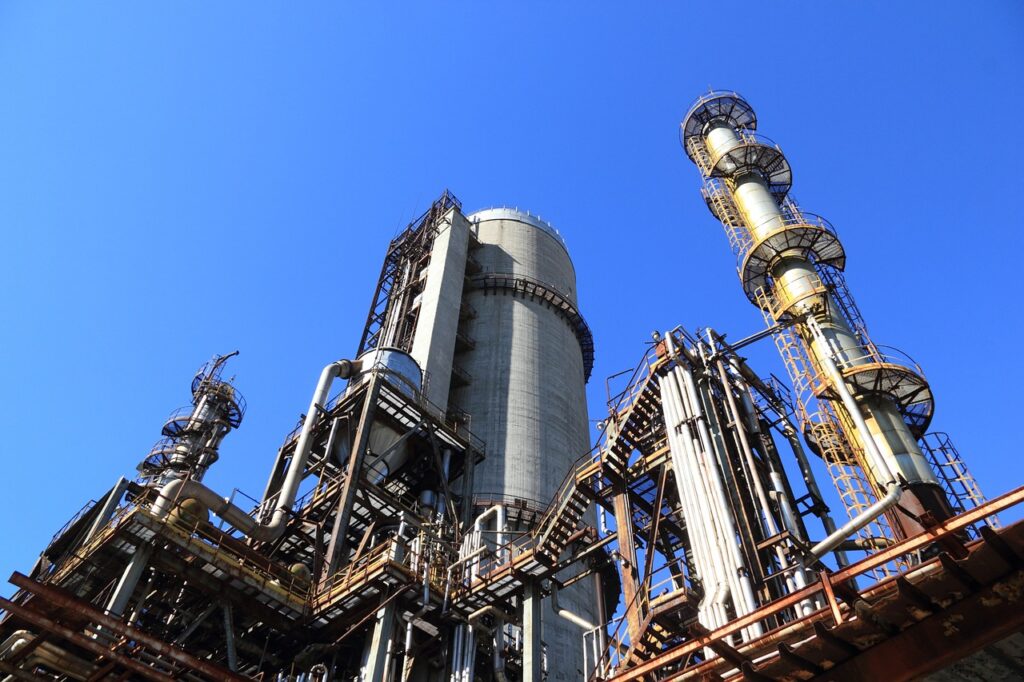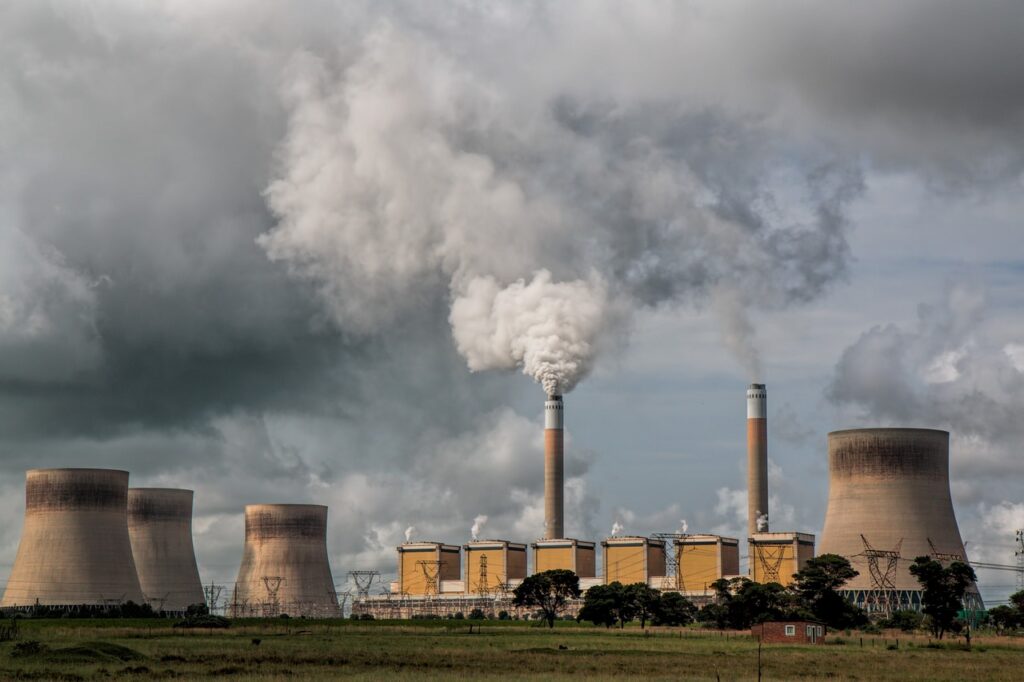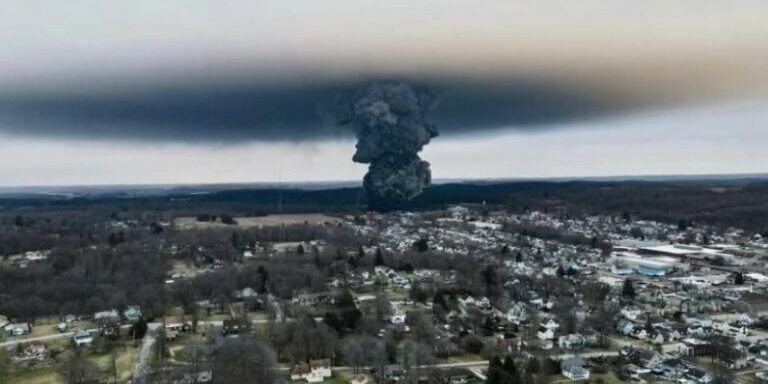The fallout from the February 2023 East Palestine train derailment continues to shock lawmakers and environmentalists long after the darkened plume of toxic chemicals bellowed skyward from the carnage below. Researchers say there is “clear evidence” that the train wreck’s toxic plume of contaminants and pollutants spread as far as Wisconsin and North Carolina. While the long-term environmental impact of the atmospheric shock is minimal, investigators say the fallout underscores the derailment’s scope and magnitude. Meteorologists came to their conclusions after testing precipitation at 250 locations nationwide for toxic pollutants.
“The emission from the fire went high up in the atmosphere and it went over Erie and it rained pollutants down into Erie,” said David Gay, research scientist, University of Wisconsin, coordinator, National Atmospheric Deposition Program. “These were very extreme relative to history and they stand out like a sore thumb. These are concentrations at the highest we’ve measured in many locations in the last 12 years. We have chemical and meteorological observations that these pollutants came from the train accident. I don’t think most people understand how big it was.”
Source:yourerie.com
East Palestine Train Accident Impacts Environmental Laws

Extensive research of the East Palestine Train derailment reveals the impact spanned 16 states and 540,000 miles surrounding the disaster zone. Investigators found abnormally high chloride, calcium, magnesium, sodium, and potassium levels at sites in Wisconsin and North Carolina. While the mineral shock to far-flung regions from the train accident was considered temporary, the researchers’ findings are a microcosm of industries’ total impact on the environment and the need for comprehensive regulations to prevent future accidents. On Monday, the federal government passed a new law requiring railroads to disclose fully hazardous materials cargo prior to departure. Such information will allow firefighters to take protective measures before responding to hazmat incidents. Firefighters and rescue personnel responding to the East Palestine train derailment didn’t know the contents of the flaming wreckage for the first 45 minutes onsite.
Protecting Your Company From Unprecedented Catastrophe

So, how does the East Palestine train derailment concern your company? While most businesses needing compliant chemical protection operate in permanent static working conditions, all industrial manufacturers should take note of the scope of last year’s derailment. When the eleven cars skidded off the track in East Palestine, authorities initially believed the accident would be confined to a localized incident instead of a nationwide toxic airborne event. Chemical incidents are never just one-offs. The flaming carnage and visible black poisonous smoke billowing from the destruction is always an indicator of more significant damage to come. Most harmful pollutants are invisible to the naked eye. It takes years for the ugly effects of chemical incidents to take hold in the surrounding ecosystem. Even minor hazmat incidents and chemical spills can have far-reaching consequences. Once dangerous pollutants make it into our waterways and atmospheres, the damage is nearly irreversible.
Every company handling dangerous chemicals should invest in onsite chemical protection. More minor spills and fires can be more hazardous than more significant hazmat incidents as they don’t necessitate a larger fire-fighting response or the publicity leading to legislation to prevent similar accidents. Smaller companies are held to the same federal chemical storage laws as more prominent industrial manufacturers and transporters, such as the railroad at the focus of the East Palestine train derailment. Unlike larger corporations, smaller companies don’t have the funds to cover fines for improper chemical storage. One small chemical incident, which could be easily prevented with compliant storage, can bankrupt once financially solvent enterprises. Protect your company’s chemical stockpiles with OSHA and NFPA 30-compliant storage from U.S. Hazmat Rentals. We have a line of fire-rated and non fire-rated chemical storage buildings for every industry and workflow process.






